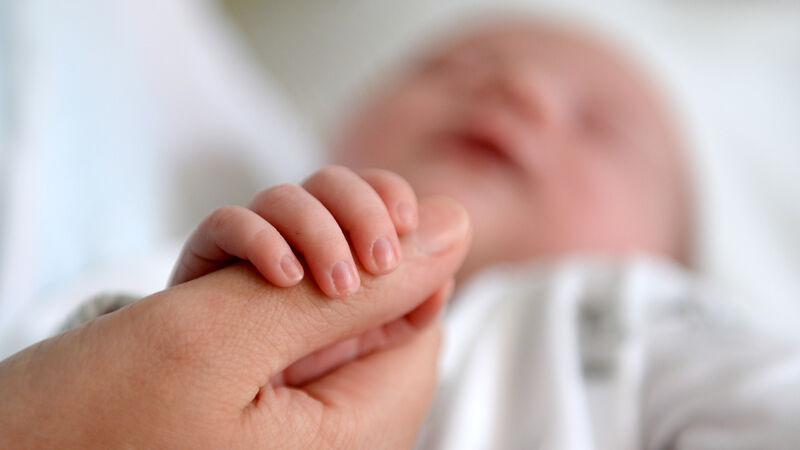Half of new mums don't take time for themselves after birth

It took six weeks for 36% of respondents to feel back to their usual selves after birth.
With over 60,000 babies born in Ireland over the past year, it’s safe to assume that there are a lot of tired new mums out there, with many still in the all-important post-birth recovery stage known as the ‘fourth trimester’.
Yet, according to a survey My Expert Midwife and BabyDoc, three-quarters of Irish women don’t consider a recovery plan for the six weeks after they give birth.








